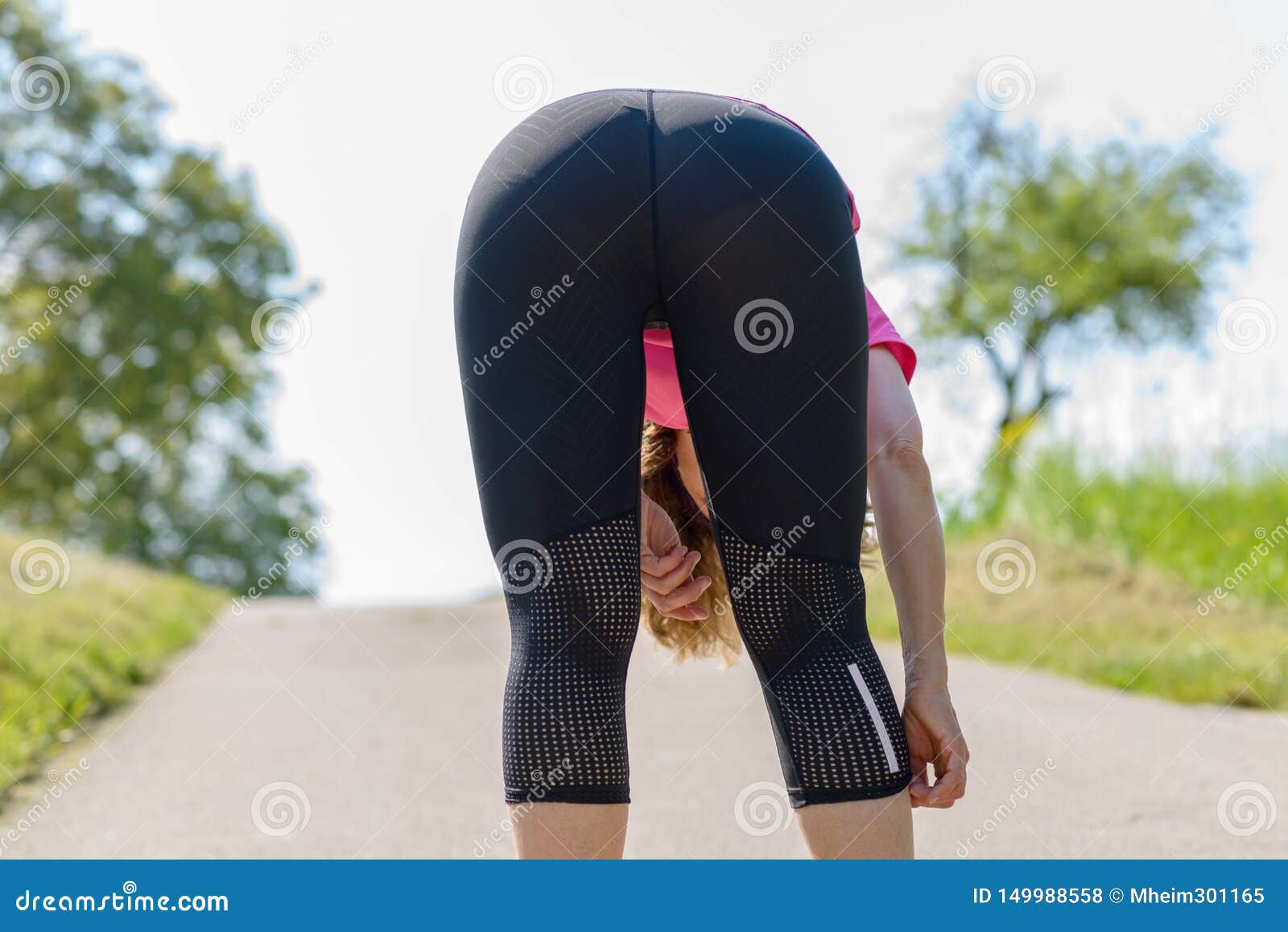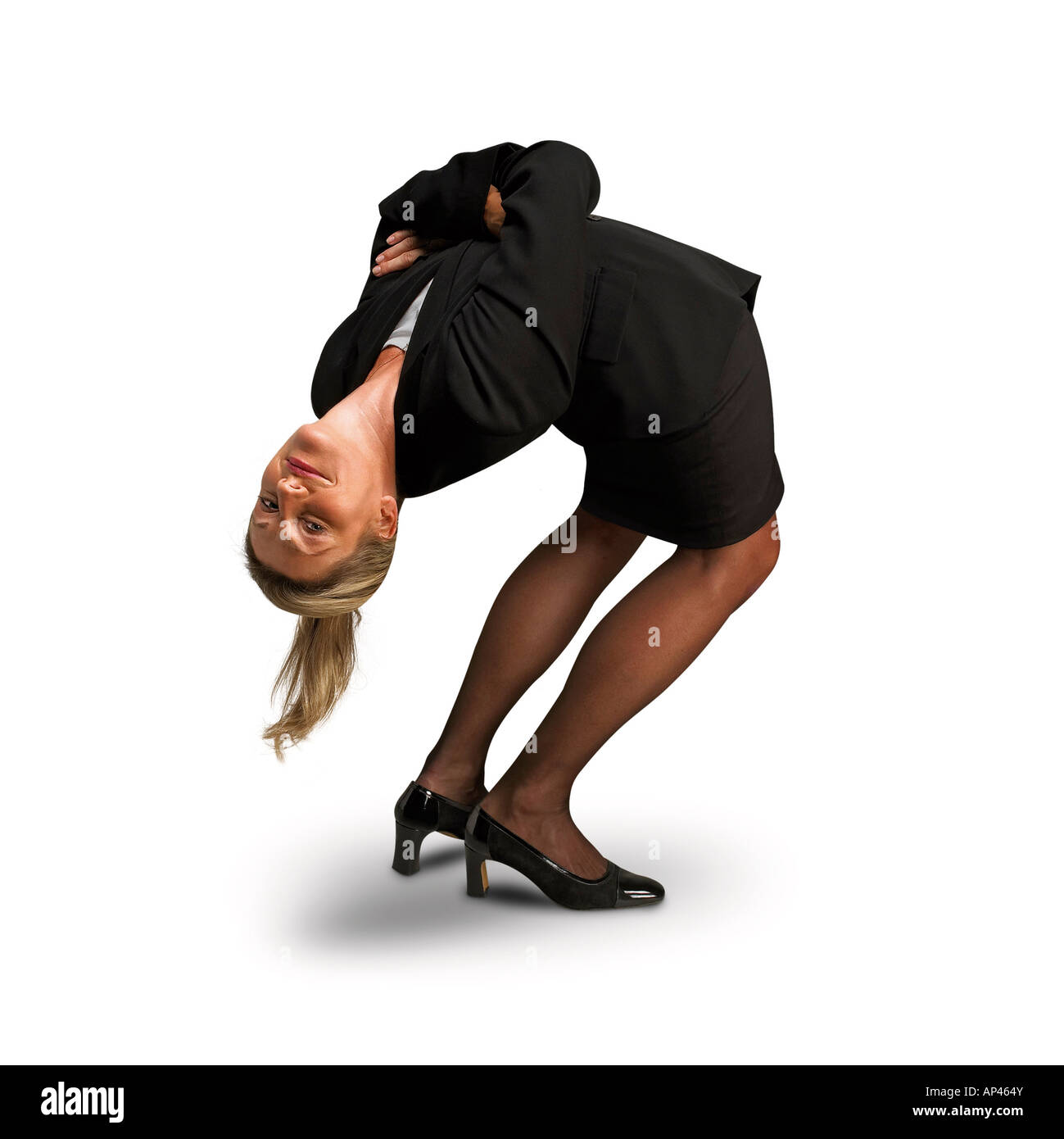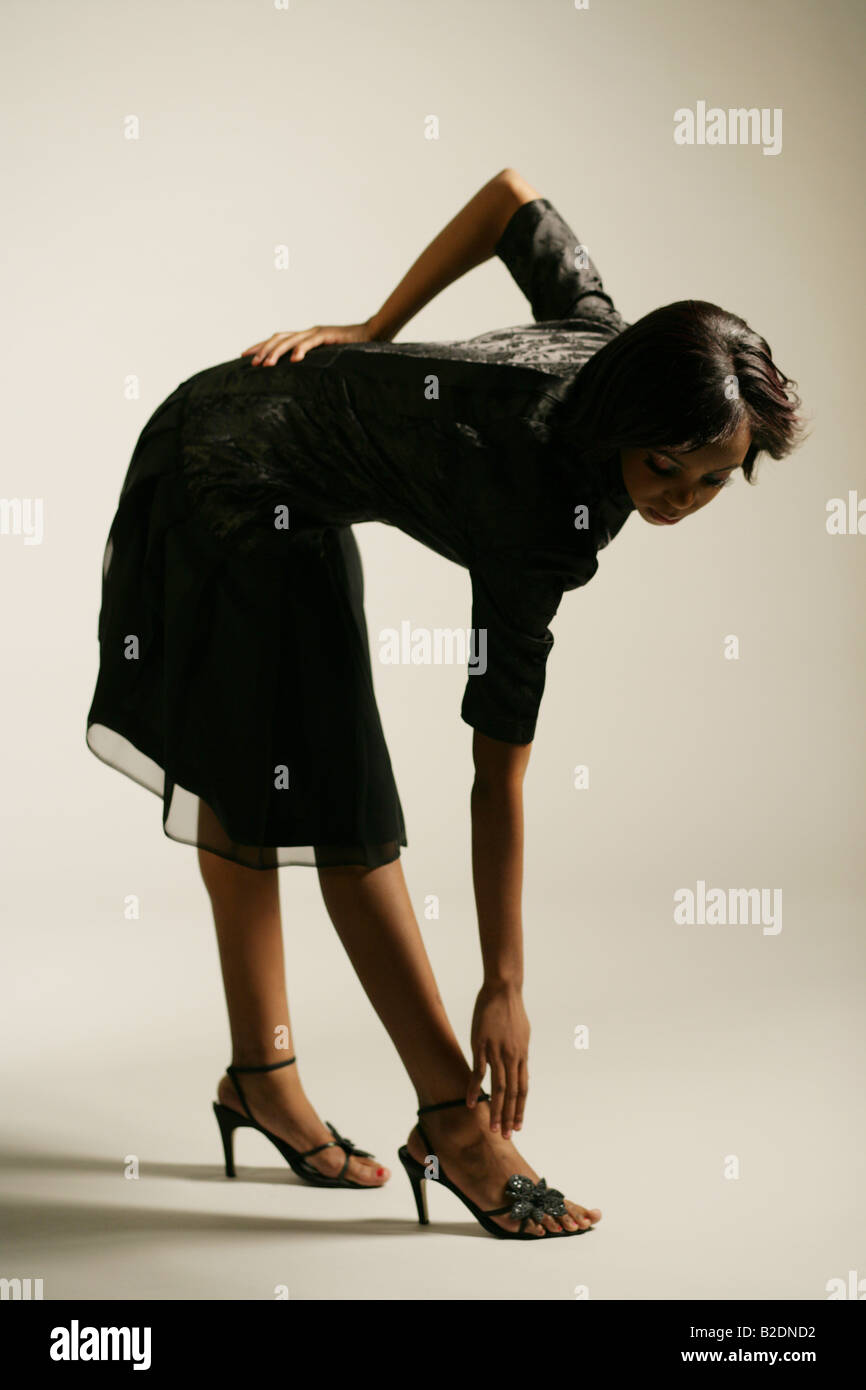Find Women Bending Over Images & Videos: Stock & Reddit
Are we truly seeing authentic expression online, or are we merely witnessing carefully curated performances designed to capture fleeting attention? The line between genuine content and manufactured allure has become increasingly blurred, especially when it comes to visual platforms where the female form is often the subject of intense scrutiny and commodification.
The internet, with its vast and ever-expanding reach, has become a double-edged sword. On one hand, it offers unprecedented opportunities for self-expression and connection. Individuals can share their stories, showcase their talents, and build communities around shared interests. Platforms like Reddit, with its diverse array of subreddits and user-generated content, promise a democratic space where anyone can contribute and engage. On the other hand, this accessibility has also created fertile ground for exploitation and the perpetuation of harmful stereotypes. The relentless pursuit of likes, shares, and upvotes can incentivize users to prioritize sensationalism over authenticity, leading to a culture where image and perception reign supreme.
The proliferation of images, particularly those featuring women, is a testament to this dynamic. A quick search reveals a seemingly endless supply of photographs and videos, many of which are explicitly sexualized or objectified. Stock photo agencies, eager to capitalize on this demand, offer vast libraries of images catering to a wide range of tastes and preferences. The availability of such content raises important questions about the ethics of representation and the impact on both the subjects depicted and the viewers who consume these images.
- Petra Morz The Actresss Life Films More Discover Now
- Carolyn Chambers Deion Sanders First Wife Her Life Today
The ease with which these images can be accessed and shared further complicates the issue. Social media platforms, designed to facilitate connection and communication, have also become powerful engines for the dissemination of potentially harmful content. Algorithms, optimized to maximize engagement, often prioritize images and videos that are likely to generate strong emotional responses, regardless of their potential consequences. This can create a feedback loop where sensationalized content is amplified, while more nuanced or thoughtful perspectives are marginalized.
The commodification of the female form is not a new phenomenon, but the internet has amplified its reach and impact. The pressure to conform to unrealistic beauty standards, the constant surveillance and judgment of online communities, and the pervasive objectification of women in media all contribute to a culture where self-worth is often tied to external validation. This can have devastating consequences for women's mental health and well-being, leading to anxiety, depression, and body image issues.
It's crucial to critically examine the images we consume and the messages they convey. We must challenge the dominant narratives that perpetuate harmful stereotypes and work towards creating a more equitable and respectful online environment. This requires a collective effort, involving individuals, platforms, and policymakers, to promote media literacy, foster responsible content creation, and hold those who exploit and objectify women accountable for their actions.
- Stunning Black Women Images Find Inspiration Beauty Now
- Free Money Clip Art Vectors More Get Yours Now
The promise of the internet as a democratizing force can only be realized if we address the systemic inequalities and harmful practices that continue to plague the online world. By fostering a culture of critical engagement and ethical responsibility, we can harness the power of the internet to empower individuals, promote understanding, and build a more just and equitable society for all.
Consider the implications of searching for terms related to "women bending over." The sheer volume of images available, as indicated by the search results, highlights the pervasive sexualization and objectification of women online. The fact that stock photo agencies offer such content for commercial use raises ethical concerns about the exploitation of the female form for profit. The availability of free trials and downloadable videos further underscores the ease with which these images can be accessed and disseminated.
The user experience also plays a crucial role in shaping our perceptions and attitudes. The design of search engines and social media platforms can inadvertently reinforce harmful biases and stereotypes. Algorithms that prioritize sensationalized content can contribute to a culture of voyeurism and objectification. The lack of clear guidelines and enforcement mechanisms can allow for the proliferation of abusive and exploitative content.
The "bot" disclaimer in the search results serves as a reminder of the automated processes that drive much of the online world. While bots can be used for beneficial purposes, they can also be exploited to spread misinformation, manipulate public opinion, and contribute to the creation of echo chambers. It's important to be aware of the role that bots play in shaping our online experiences and to critically evaluate the information we encounter.
The search query "We did not find results for:" followed by "Check spelling or type a new query" highlights the limitations of search engines and the importance of precise language. However, it also underscores the potential for bias in search results. Algorithms can be trained to prioritize certain types of content over others, which can inadvertently exclude or marginalize certain perspectives.
The reference to a "woman dressed in jeans and cold weather coat fixing boots before going out on a winter day, standing in living room of apartment" provides a glimpse into the everyday lives of women. However, even seemingly innocuous images can be subject to scrutiny and objectification. The context in which an image is presented can significantly alter its meaning and impact. It's important to be mindful of the potential for misinterpretation and to avoid perpetuating harmful stereotypes.
The notices stating "We would like to show you a description here but the site wont allow us" are telling. They suggest a conflict between the desire to provide context and the limitations imposed by the platform or the content itself. This could be due to a variety of factors, including copyright restrictions, content moderation policies, or technical limitations. Regardless of the reason, it highlights the challenges of balancing freedom of expression with the need to protect individuals from harm.
The statements regarding password resets and account access underscore the importance of online security and privacy. In a world where personal information is increasingly valuable and vulnerable, it's crucial to take steps to protect our accounts and data from unauthorized access. This includes using strong passwords, enabling two-factor authentication, and being cautious about sharing personal information online.
The offer of "1 free month of istock exclusive photos, illustrations, and more" is a marketing tactic designed to entice users to subscribe to a paid service. While there's nothing inherently wrong with this, it's important to be aware of the potential for manipulation and to carefully consider the terms and conditions before signing up for any subscription service. Many companies rely on hidden fees and automatic renewals to generate revenue, so it's crucial to read the fine print and understand your rights.
The call to "Find your perfect picture for your project" highlights the commercial imperative that drives much of the online world. The demand for visual content has created a lucrative market for photographers, illustrators, and stock photo agencies. However, it's important to be mindful of the ethical implications of using images in commercial projects. This includes respecting copyright laws, obtaining necessary permissions, and avoiding the use of images that are likely to perpetuate harmful stereotypes or exploit individuals.
Ultimately, the search results related to "women bending over" offer a complex and multifaceted view of the online landscape. They highlight the potential for both empowerment and exploitation, connection and isolation, freedom and control. By critically examining the images we consume and the messages they convey, we can work towards creating a more equitable and respectful online environment for all.
The vast number of images available, 186,139 free images to be exact, speaks to a demand, a market, and a societal gaze that often focuses on the female form in a way that can be objectifying. Is this simply harmless entertainment, or does it contribute to a larger problem of devaluing women and reducing them to their physical attributes? The question demands a deeper exploration.
Original content submitted by thousands of verified users suggests a participatory element, but even user-generated content can be subject to biases and harmful stereotypes. The fact that users are "verified" doesn't necessarily guarantee the quality or ethical nature of the content they produce. Platforms have a responsibility to moderate content and ensure that it doesn't violate community guidelines or promote harmful behavior. The claim of originality should also be examined critically, as plagiarism and copyright infringement are rampant online.
The availability of high-resolution images allows for a level of detail that can be both appealing and problematic. The ability to zoom in and scrutinize every detail can contribute to a culture of hyper-surveillance and unrealistic beauty standards. The pursuit of perfection can be particularly damaging for young women who are already vulnerable to body image issues. The emphasis on visual perfection can also detract from other important qualities, such as intelligence, creativity, and compassion.
The abundance of stock videos, with over 28,173+ girl bending over and 700,000+ woman bent over options available for download, underscores the commercialization of the female form. These videos are often used in advertising, marketing, and other commercial contexts, where they can reinforce harmful stereotypes and contribute to the objectification of women. The ease with which these videos can be downloaded and used further complicates the issue, as it allows for the widespread dissemination of potentially harmful content.
The request to "Please refer to the examples below for what qualifies as women bending over" is particularly troubling. It suggests a need to define and categorize a specific type of image, which can contribute to the normalization of objectification and exploitation. The very act of defining what "qualifies" as a particular image reinforces the idea that women's bodies are subject to external judgment and control.
The automated nature of the "I am a bot, and this action was performed automatically" message highlights the increasing role of artificial intelligence in shaping our online experiences. While bots can be used for beneficial purposes, they can also be used to automate harmful activities, such as spreading misinformation, creating fake accounts, and harassing individuals. It's important to be aware of the potential for abuse and to develop strategies for mitigating the risks.
The fact that the search engine "did not find results for:" certain queries suggests that there are limits to what can be found online. However, it also underscores the potential for bias in search results. Algorithms can be trained to prioritize certain types of content over others, which can inadvertently exclude or marginalize certain perspectives. The emphasis on "checking spelling or typing a new query" reinforces the idea that the responsibility for finding information lies solely with the user, when in reality search engines have a significant impact on what information is available and accessible.
The availability of images and videos depicting "women bending over" raises important questions about consent, exploitation, and the ethics of representation. It's crucial to critically examine the images we consume and the messages they convey, and to work towards creating a more equitable and respectful online environment for all. This requires a collective effort, involving individuals, platforms, and policymakers, to promote media literacy, foster responsible content creation, and hold those who exploit and objectify women accountable for their actions.
This situation calls for a fundamental shift in our approach to online content. We need to move beyond simply reacting to individual instances of harmful content and address the underlying systemic issues that contribute to the problem. This includes challenging the dominant narratives that perpetuate harmful stereotypes, promoting media literacy, and fostering a culture of respect and equality.
Ultimately, the future of the internet depends on our ability to create a more ethical and responsible online environment. This requires a collective effort, involving individuals, platforms, and policymakers, to promote media literacy, foster responsible content creation, and hold those who exploit and objectify women accountable for their actions. Only then can we truly harness the power of the internet to empower individuals, promote understanding, and build a more just and equitable society for all.
The persistent presence of such content is a stark reminder of the work that remains to be done in achieving true gender equality and respect, both online and offline. It's a call for greater awareness, critical engagement, and a commitment to creating a more just and equitable world for all.
| Category | Information |
|---|---|
| Name | [Replace with Name] |
| Date of Birth | [Replace with Date of Birth] |
| Place of Birth | [Replace with Place of Birth] |
| Career | [Replace with Career] |
| Professional Information | [Replace with Professional Information] |
| Website | [Replace with Website Name] |
- Michael Mulheren From Skokie To Fallout His Incredible Journey
- Black White Pitbulls Discover The Moo Moo Pitbull

Athletic Fit Woman Bending Over Viewed from Rear Stock Photo Image of

woman dressed in business clothes bending over backwards to help Stock

Woman Bent Over Bending Over High Resolution Stock Photography and